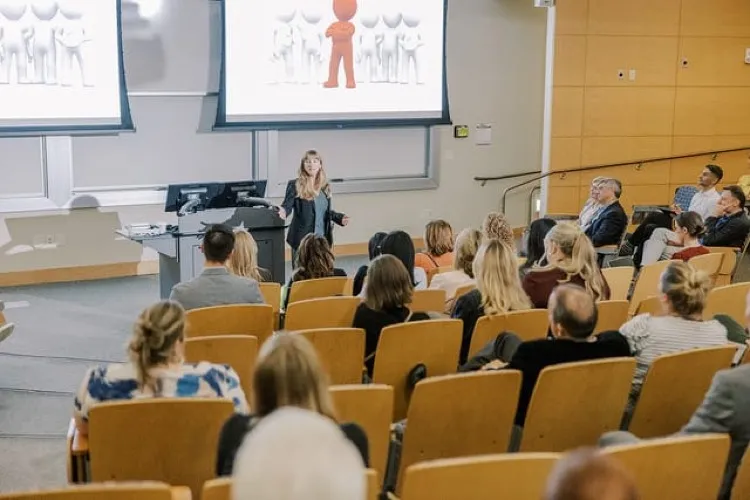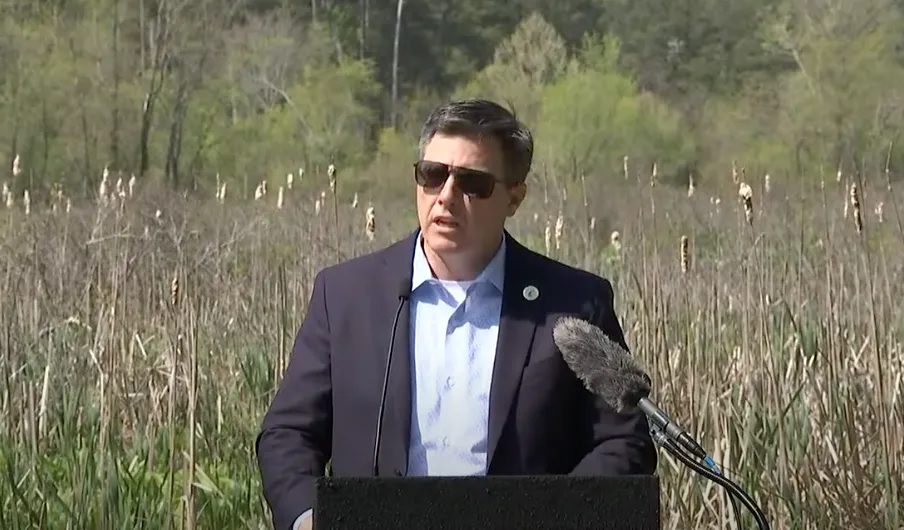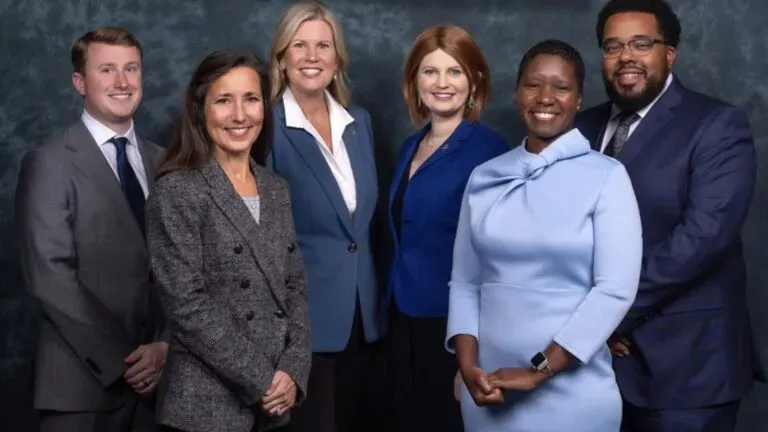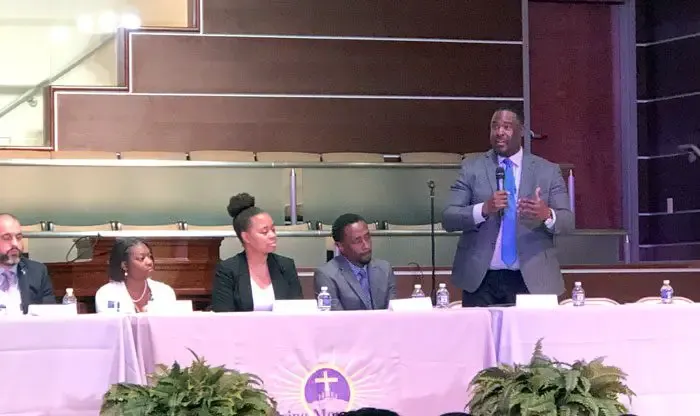Related

Henrico Small Business Spotlight: PassionFruit
Lifelong learning can mean a lot of different things – mastering new recipes, researching your family history, picking up a new sport. But Sara Shelton created PassionFruit Leadership Coaching to push others towards learning about themselves. Shelton is a 47-year-old Henrico local with a passion for helping others in their careers.
Click here to read more
Henrico’s Tuckahoe Creek Park to expand, thanks to land donations
The next phase of Henrico County’s Tuckahoe Creek Park is beginning to take shape, buoyed by the donation of about 30 acres of land by two Henrico companies. The contribution of about 21 acres by The Wilton Companies and nine acres by the nearby Lakewood retirement community will allow
Click here to read more
Henrico Schools proposes new ‘bell-to-bell’ cell phone ban
Henrico Schools officials are proposing a change to the Code of Student Conduct that would require middle and high school students to keep their cell phones tucked away, either in their backpacks or division storage containers, for the entire school day. The division’s current cell phone policy requires middle-
Click here to read more
Henrico Police arrest 30-year-old county man following assault, police pursuit
Henrico Police officials have arrested and charged a Henrico man in connection to an April 13 assault in the county that led to a police pursuit that ended in Richmond. Tyler Renard Robinson-Thomas, 30, faces charges of malicious wounding, felony stabbing, felony eluding police, and felony child endangerment in connection
Click here to read more
